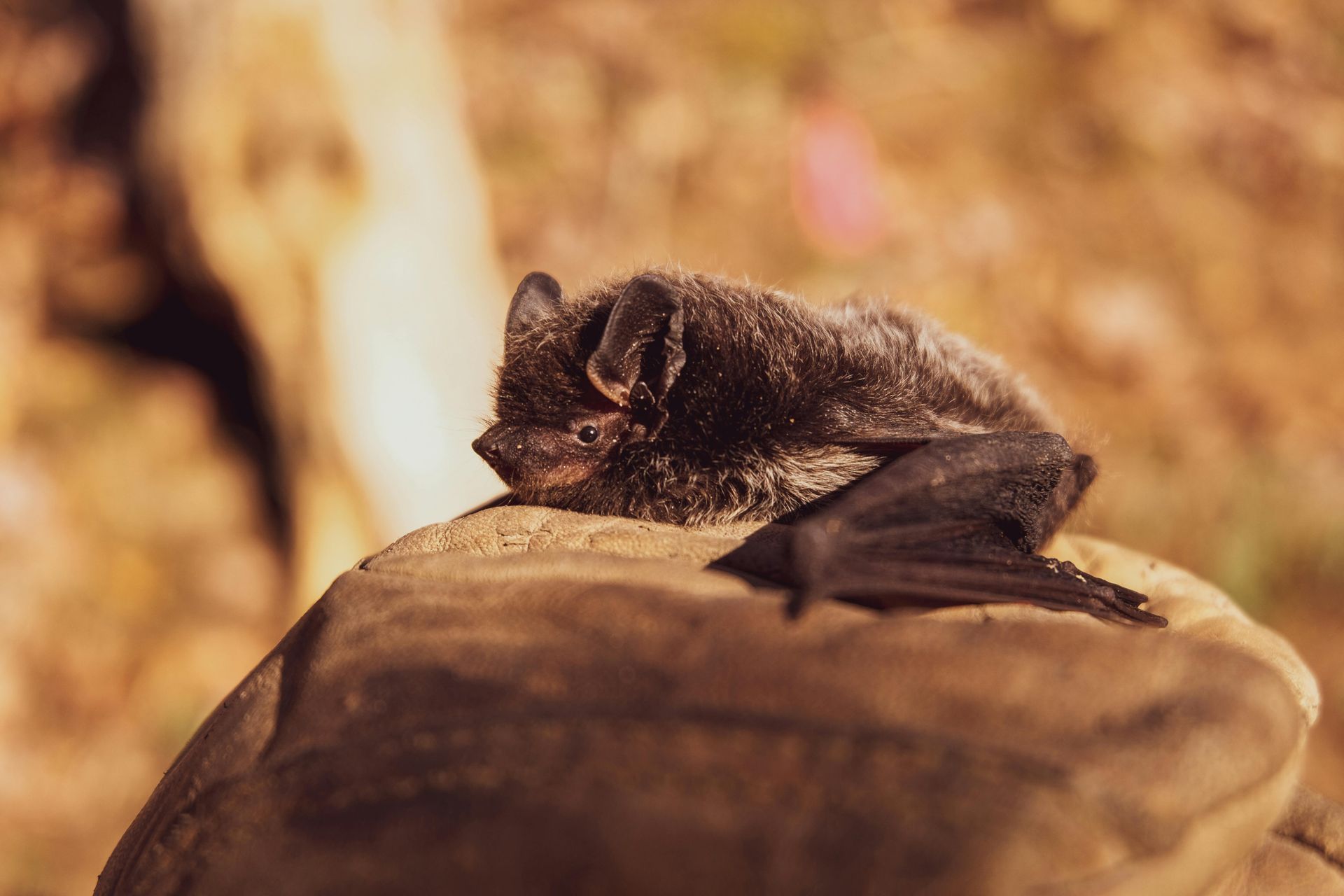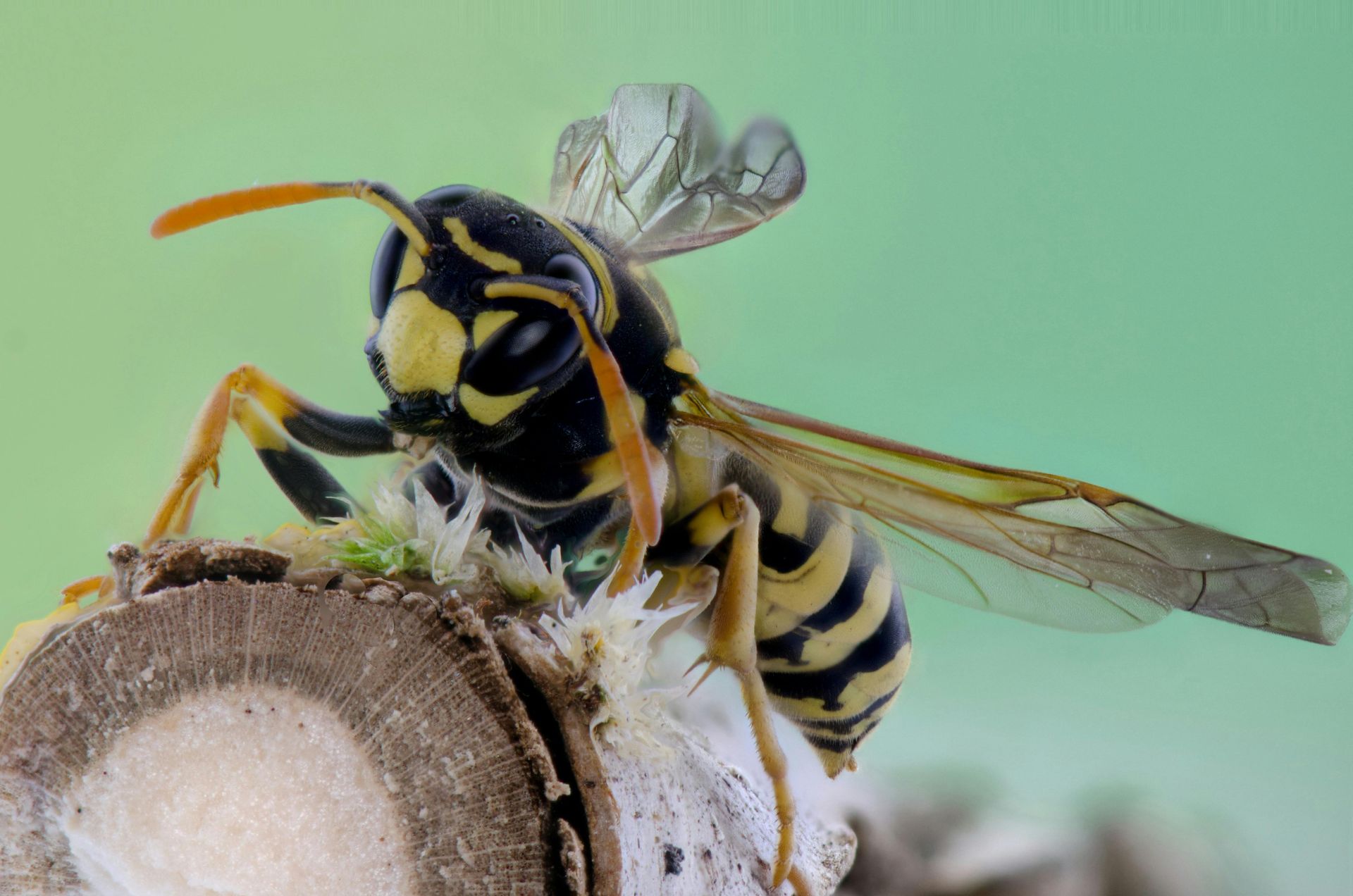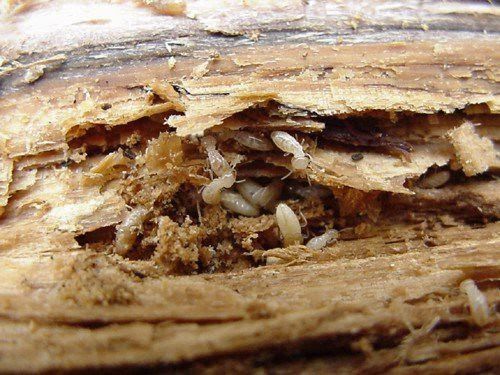How to Get Rid of Fleas
What you need to know about flea infestations
Fleas are tiny, irritating creatures that can wreak havoc in your home and on your pets. In this article, we'll explore the ins and outs of flea control, from understanding the pesky pests to implementing effective extermination strategies. Personally, I have seen quite a few infestations that were quite a challenge to exterminate. Let's take a look at the crucial information on fleas that we need to know to exterminate them effectively.
Understanding Fleas
Fleas are small, wingless insects with flattened bodies, designed for swift movement through fur or feathers. They undergo a complete metamorphosis, progressing from egg to larva, pupa, and finally adult flea. Understanding this life cycle is key to interrupting their reproduction and population growth. Adult fleas
Common flea species vary worldwide, with the cat flea (Ctenocephalides felis) being the most prevalent. However, dog fleas (Ctenocephalides canis) and human fleas (Pulex irritans) also pose problems in specific regions.
Identifying flea infestations early is essential for prompt action. Look out for telltale signs such as excessive scratching in pets, tiny black specks (flea dirt) in pet fur or bedding, and visible adult fleas hopping around.
Health Risks Associated with Fleas
Fleas are not only a problem due to their well-known attribute of having annoying and itchy bites. Just like
mosqito bites, flea bites can also be a health risk in certain scenarios. They can cause itching, irritation, and in severe cases, allergic reactions. Moreover, fleas are notorious vectors for diseases such as murine typhus, bubonic plague, and Bartonella (cat scratch fever).
Pets are particularly vulnerable to flea infestations. There have been many severe cases leading to anemia, dermatitis, and even tapeworm infections. While pets are at higher risk of health issues associated with flea bites humans can also have issues as a result. I recall in an extreme case treating a dog kennel one time I was bit so many times I became dizzy and shaky for a few hours. Now keep in mind that this was an extreme case and the fleas and one of the worst flea infestations I have seen in the 18 years I have been in the business.
Prevention Techniques
Preventing flea infestations is far simpler than dealing with established infestations. Regular pet grooming, including combing with a flea comb and bathing with flea-repellent shampoos, is crucial for removing adult fleas and their eggs. Additionally, maintaining a clean environment by vacuuming carpets, washing pet bedding frequently, and decluttering areas where fleas may hide can help curb infestations.
Using flea preventatives, such as topical treatments or oral medications prescribed by veterinarians, is essential for protecting pets from fleas year-round. These products not only kill adult fleas but also disrupt the flea life cycle, preventing eggs and larvae from developing into biting adults.
You must also take your yard into consideration. As with other pests, it is recommended to keep a well-kept yard. Keeping your grass trimmed to a reasonable height as well as reducing leaf buildup is not only important for flea issues but even more so for pests such as ticks and mosquitos.
Natural Remedies for Flea Control
For those wary of chemical treatments, natural remedies offer alternative flea control solutions. Herbal flea sprays and powders containing ingredients like neem oil, citronella, and cedar oil can repel and kill fleas effectively. Essential oils such as lavender, peppermint, and eucalyptus also possess flea-repellent properties when diluted and applied to pet bedding or sprayed around the home.
Diatomaceous earth, a fine powder made from fossilized algae, is another natural option for flea eradication. When sprinkled in areas frequented by fleas, diatomaceous earth absorbs the insects' protective waxy coating, leading to dehydration and death.
Chemical Treatments
For severe infestations, chemical treatments may be necessary to achieve rapid and thorough flea control. Flea control products designed specifically for pets, such as spot-on treatments or flea collars, can provide long-lasting protection against fleas and ticks. Indoor and outdoor flea sprays containing insect growth regulators (IGRs) and adulticides can target fleas at all stages of their life cycle, from eggs to adults.
Flea bombs and foggers should be used with caution due to their potential health risks for humans and pets. Proper application and thorough ventilation are essential to minimize exposure to toxic fumes.
Professional Pest Control Services
In cases where DIY methods fall short,
seeking professional pest control services may be the best course of action. Exterminators have the expertise and equipment to tackle severe flea infestations safely and effectively. While professional flea treatment may incur additional costs, the peace of mind and thoroughness of the service are often worth the investment.
Dealing with Flea Infestations in Different Settings
Flea control strategies may vary depending on the setting. Homes with pets may require ongoing preventative measures and regular monitoring for signs of fleas. Rental properties may necessitate collaboration with landlords or property managers to address infestations effectively. Commercial spaces and public areas may require professional pest control services to ensure the safety and well-being of employees and visitors. In most cases, we recommend at least getting a consultation with a
pest control company to gain an understanding of your unique scenario. They can provide recommendations as well as treatment options.
Monitoring and Maintenance
Flea control is not a one-time effort but an ongoing process. Regular flea checks and proactive measures are essential for preventing reinfestations. Repeating treatments as needed and implementing preventive measures can help maintain a flea-free environment in the long term.
Conclusion
In conclusion, getting rid of fleas requires a multifaceted approach that combines understanding, prevention, and intervention. By familiarizing yourself with flea biology, implementing preventative measures, and choosing appropriate control methods, you can effectively combat flea infestations and safeguard the health and comfort of your home and pets. Don't let fleas take over—take control of the situation




